Andrea Crary watched as a volunteer harvested chard from the aquaponic farm in the darkened basement of The Plant, located in Chicago’s Back of the Yards neighborhood. Alongside the vegetables, tilapia swam lazily in cloudy tanks.
Crary said aquaponic farming uses no soil; instead, chard, kale and chili peppers are growing organically in water from the tilapia tanks, which are rich in bionutrients. The vegetables thrive year round under grow lights.

The aquaponic farm is just one operation at the The Plant, an old pork-processing plant that closed in 2008, taking 400 jobs with it.
The 1-million-square-foot building, which bears a huge mural of a fat pink pig, was purchased by Bubbly Dynamics, a Chicago business that re-purposes old manufacturing sites. Its new mission is to provide a model for sustainable food production and economic development. The Plant hopes to provide 125 new jobs to the area.
Crary, farm market manager at The Plant, said the 46th Street site is slowly being transformed into a closed-loop system of food production, energy conservation and material reuse. The goal is to transform food waste from the 13 private companies in the building — which include a bakery, cheese factory and fish farm — into power that will allow The Plant to go off the grid.
The Plant will open a beer brewery in May, and workers will use the spent grains from the brewery to feed the 20 chickens who live in a pen outside in the yard, Crary said. The grains will also be burned in a bio-burning oven to generate heat for the building. Water from the brewery will be used to water crops in the fields outside.
“People think of a vertical farm, and they imagine a glass skyscraper,” Crary said, “Here we’re more practical. We’d rather take something old and reuse it.”
The building is surrounded by several acres of open fields that will be planted in vegetable crops as the weather warms up this spring.
On Saturday and Sunday, The Plant hosted the Midwest Urban Farmers Summit, drawing about 100 farmers from St. Louis, Indianapolis, Detroit, Chicago, Baltimore, Minneapolis and other cities.
The summit was organized by Katie Williams, from Lake County, Ill., the founder of Patchwork Farms along with Mollie Medhurst. They run the urban farm at The Plant and a second farm in Humboldt Park, where volunteers weed, hoe, plant and harvest — in exchange for veggies.
Medhurst and Williams grow everything from beans to turnips, and from mid-May through fall they sell vegetables every Wednesday and Saturday at farm stands.
“There’s not much funding available in urban agriculture, so we have to share our ideas,” Williams said. “Plus we have lots of unique challenges and no models to look at, so we share our business models with each other.”
Summit participants talked about growing vegetables in a cold climate, methods of extending the growing season, rooftop farming and beekeeping. They also discussed the challenges of launching an urban farm in neighborhoods that are struggling with poverty, racism and neglect.
“When neighbors walk up to the fence and ask what we’re doing here, I always make a point of going over and greeting them and reaching out,” Williams said.
In a field adjacent to the summit, Crary points to a long silver tank, called an anaerobic digester. Purchased for $7.8 million, it can handle 20 tons of food waste each day. Eventually it will produce electricity for the entire building while also diverting 10,000 tons of food waste annually from landfills to The Plant.
The food waste will come from diverse places like a nearby lard rendering plant, hospitals, universities and other large food service operations. All will pay The Plant to take their food waste.
These methods keep The Plant’s energy costs low, enabling the building’s tenants to keep their prices competitive. Crary said there is a long list of businesses waiting to become tenants in The Plant.
She points to a fish tank on the first floor, explaining The Plant grows spirulina algae, which is then added to fish food. The mixture is used to feed fish in the building.
“People think we’re just a bunch of hippies trying to save the earth, and that’s true,” Crary said. “But The Plant is a living, growing thing that’s giving back to the earth.”







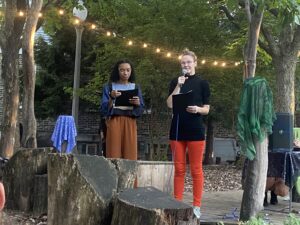
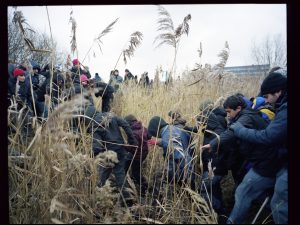
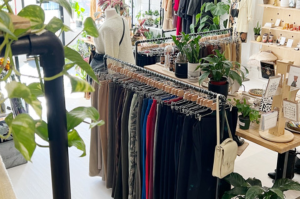

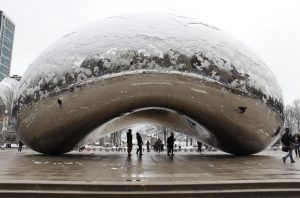


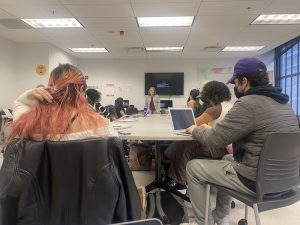


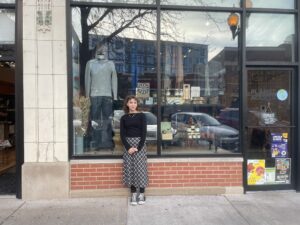



Be First to Comment